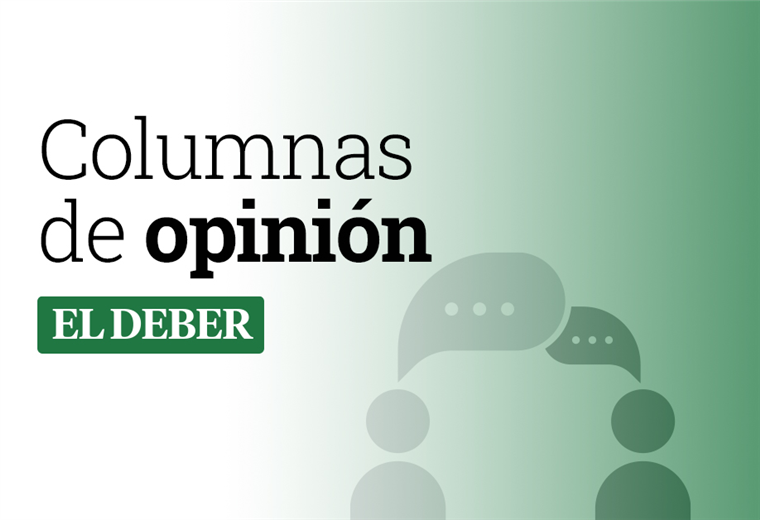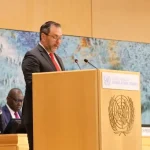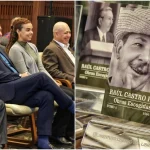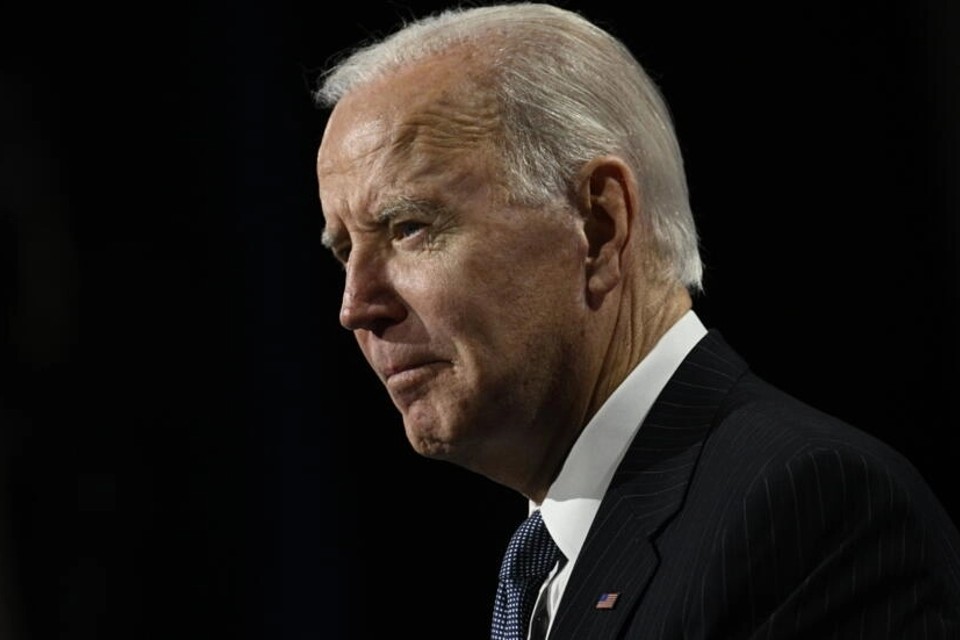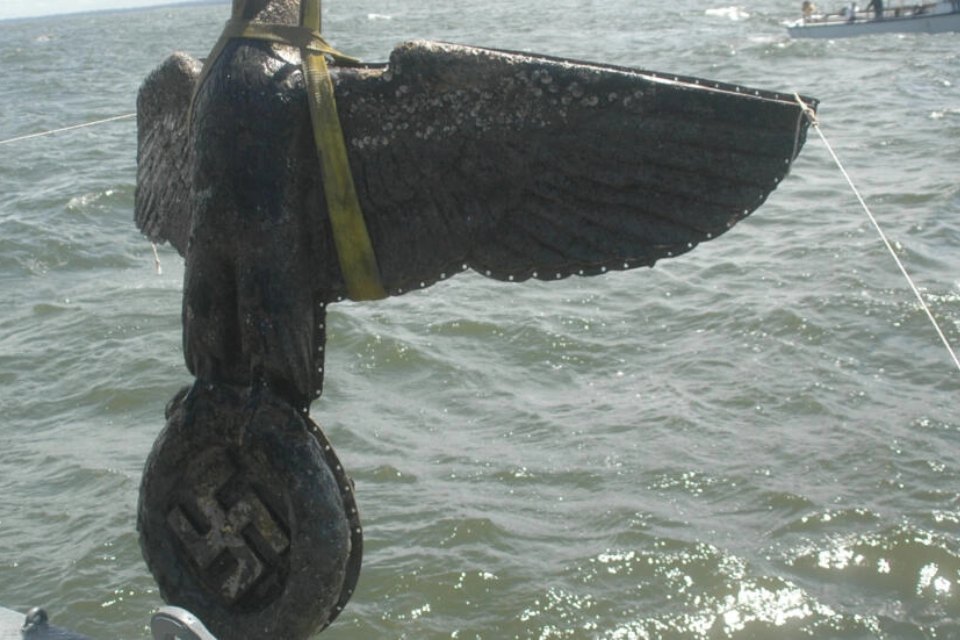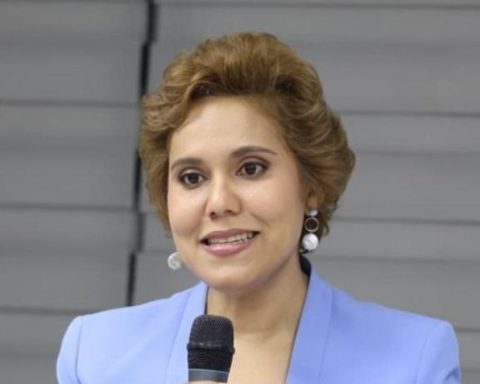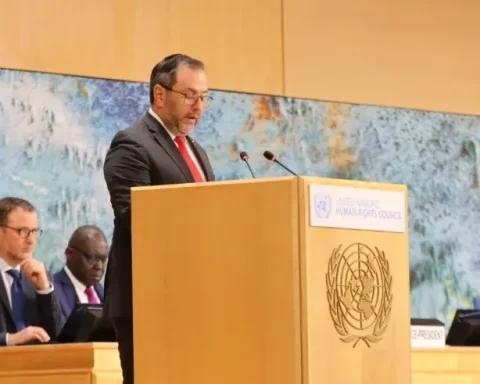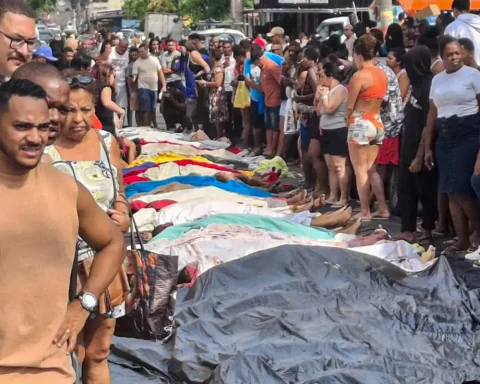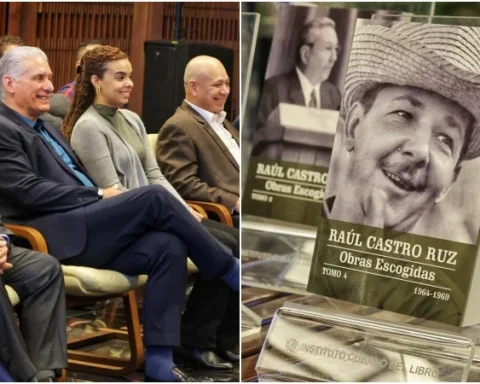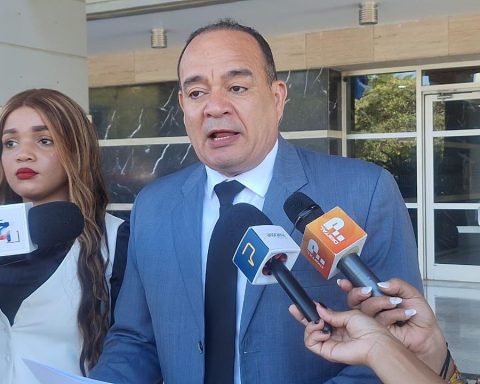June 19, 2023, 4:00 AM
June 19, 2023, 4:00 AM
The largest Bolivian shipment of cocaine discovered at the Madrid airport (narco-flight), the arrest of senior police chiefs involved in drug trafficking, the repeated settling of scores, the delivery and extradition of notorious “big shots”, among other things, show that This criminal phenomenon not only has not been eradicated (objective of anti-drug policies), but it has increased and is growing exponentially.
In 1996 I wrote the book The decriminalization of drug trafficking, where I made it clear that this fight had failed, despite all the strategies and efforts made. That the United Nations Organization has decided to debate the release of drugs means recognizing this reality and looking for other options. In the publication we confirm that all the efforts made -national and international- aimed at combating this scourge (understood as the manufacture, trafficking, commercialization, distribution and consumption of illicit drugs), have not had positive results.
Against all odds these efforts have boomeranged. Manufacturing, trafficking, and consumption continue to ascend and corrupt not only police officers, prosecutors, judges, politicians, and rulers, but also political and economic systems. The investigations carried out coincide in showing that the war against drugs has caused more crimes than it has managed to avoid.
Drug trafficking – the best organized and globalized company in the world – has such a dimension, moves millions of dollars, involves such a number of States, is infiltrated in such a way in the high spheres of power of rich and poor nations, encompasses a market of such magnitude. And it poisons so many human beings, it challenges and calls into question the values of modern society; Well, there are no limits…
Such is the dimension of this phenomenon that not all the economic, military and technological power of the United States, which has been able to reach the Moon, can control its borders through which the drug enters. In terms of responsibility and although this fight must be shared, the “highest prize” corresponds to the United States because the North American Government has always established what should be understood by drugs, where and how organized crime should be repressed, what means and methods to use, with what resources, what strategy, etc.
In the book we also confirm that the war on drugs is the longest conflict of the past century and the present: it has been going on for longer than the First and Second World Wars, Korea and Vietnam together, and there are no concrete signs of achieving the goal of eliminate drug trafficking.
In reality, nothing feeds drug trafficking as much as its illegality and the repressive measures have only turned it into the “best business in the world”, capable of generating and generalizing violence and crime in the streets of the countries that produce the raw material. , as well as marketers, intermediaries and consumers.
There is no doubt that drugs deteriorate the central nervous system and produce transformations, increasing or decreasing the level of functioning or modifying states of consciousness. However, there are studies that show that tobacco is more harmful than cocaine and is allowed. Why are some drugs prohibited and others are allowed, and socially accepted?
What they do not want to understand is that the division between legal and illegal drugs is not scientific, but rather obeys political and economic decisions. Cocaine should be treated in the same way as alcohol and tobacco, since basically they are all drugs that have always been consumed by man, and their consequences constitute a public health problem that does not need police officers, prosecutors, judges or the military, but rather suitable education, prevention and specialized treatment systems.
Decriminalization does not mean supporting traffickers, nor inducing indiscriminate drug use, nor an apology for crime, but rather exploring new paths that offer suitable and timely responses in freedom and without violence. The gradual release of drugs, as is being done, for example, with marijuana, is not tolerance of drug trafficking, but adopting efficient and appropriate measures to end this war lost by all the States of the world.
